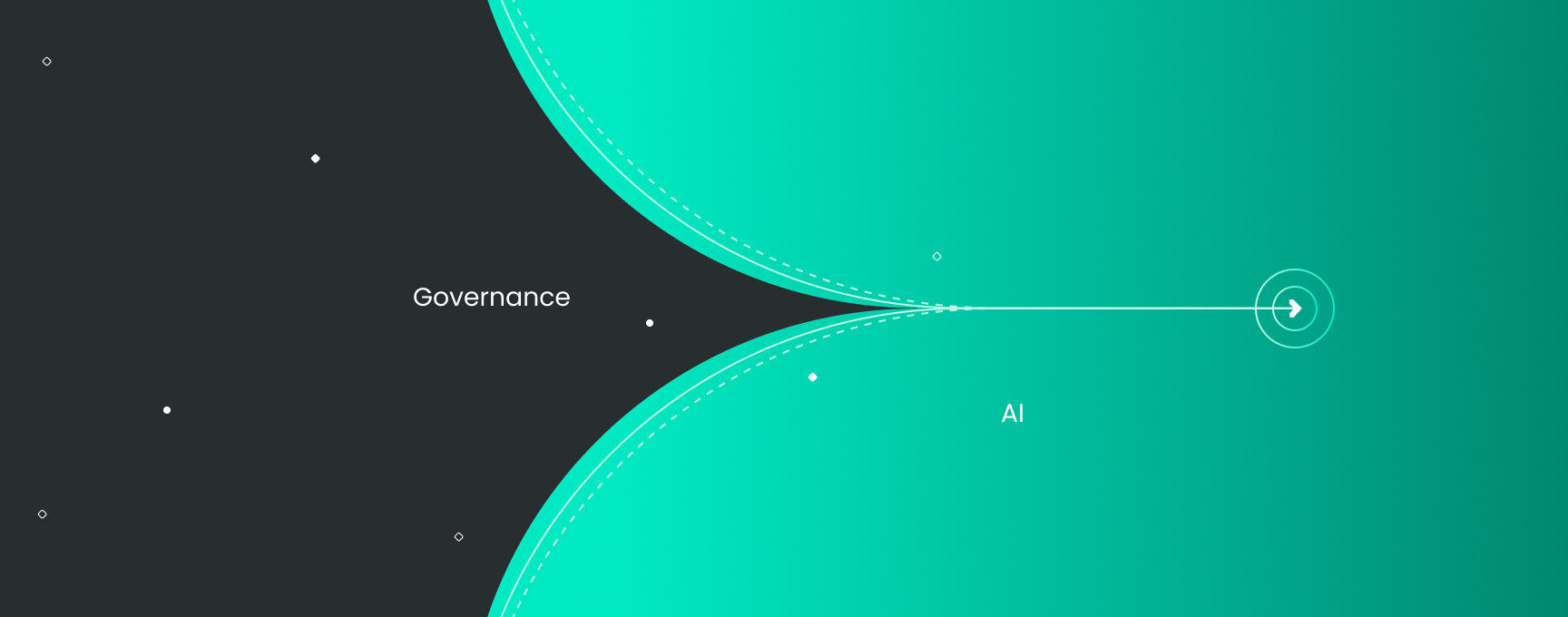If you work in life sciences, the recent shift in the Veeva-Salesforce partnership has you rethinking your CRM options. Veeva Systems plans to move its CRM off the Salesforce platform and onto its own Vault stack. This shift will bring noticeable changes for many professionals in this field. It isn’t just another software update. It gives you a chance to rethink your digital strategy and look at how this might affect your CRM approach in life sciences.
At Appnovation, we’ve talked a lot with clients to understand the hurdles they deal with during this shift. This post looks at the key questions life science businesses raise about this transition.
1. How will the end of the Veeva-Salesforce partnership affect our current CRM platform?
In simple terms, if your Veeva CRM runs on Salesforce, you’ll have to move to a different platform.
Veeva Systems is moving its CRM to its own Vault stack. This move means you’ll have to choose whether to stick with Veeva’s new platform or look at alternatives like Salesforce Life Sciences Cloud. This shift isn’t just about tech requirements. It’s an opportunity to rethink your overall digital strategy. You can evaluate ways to make your system more adaptable, include more AI and machine learning capabilities, and ensure it can handle future growth.
2. Should we stay with Veeva (on Vault) or switch to Salesforce Life Sciences Cloud?
Your long-term goals will guide this decision.
Think about using Salesforce Life Sciences Cloud if your priorities align with it:
- You own and manage the platform more .
- Built-in AI tools such as Einstein provide predictions and improve data analysis.
- Connecting with EHRs patient engagement systems, or analytics tools is easy.
- If your company already works with Salesforce, you can use one platform for everything.
This recent blog HERE takes a closer look at the key differences between Salesforce Life Sciences Cloud and Veeva. It helps explain what each platform provides and how they could help your organization down the line. We have guided plenty of clients through this decision-making process. Many times, Salesforce Life Sciences Cloud stands out as a top choice. Its flexibility manageable total cost of ownership (TCO), and wide possibilities for expansion make it appealing to biotech and medtech companies.
3. What risks come with switching to Salesforce Life Sciences Cloud?
Any transition comes with risks, though we use proven methods to reduce them and keep data secure.
During a CRM shift, businesses often worry about these common issues:
Data integrity: Making sure all important data keeps its quality and transfers .
Downtime: Cutting down on disruptions to daily work or sales routines.
Regulatory revalidation: Handling compliance processes to meet regulatory standards.
End-user adoption: Helping your teams get used to the new system while having a good experience with it.
Our specialty lies in life sciences-grade systems with an emphasis on compliance control. By providing thorough validation documents and detailed user training, we guide your transition to ensure it stays audit-ready and fits your business goals.
4. How does Salesforce Life Sciences Cloud stack up against Veeva in maturity?
Veeva has hit its peak, but it is shifting toward a more specific focus. On the other hand, Salesforce Life Sciences Cloud is a newer player, but it is building momentum in the life sciences space.
Though Salesforce Life Sciences Cloud arrived later, it benefits from decades of CRM leadership and the powerful innovation engine behind Salesforce. Its main goals include:
To adapt and grow
To blend with AI and machine learning right from the start
To create a complete platform that brings together Health Cloud, Marketing Cloud, CRM Analytics (Tableau), and Experience Cloud into a secure system built for enterprises.
With the right team such as ours, you can design it to meet the unique needs of the life sciences industry while surpassing the basic features of standard CRM tools.
5. Why should we switch to Salesforce?
Switching to Salesforce Life Sciences Cloud brings several key benefits:
Unified View: You gain a clear picture of patients, providers, and collaborators from all perspectives.
Built-in AI & Analytics: Your CRM now drives predictive engagement and delivers useful insights.
Effortless Integration: You link up with systems like SAP, Veeva Vault, EHRs, and similar platforms.
Flexibility: You shape your CRM roadmap and adapt the platform to meet shifting demands.
Room to Grow: You scale your operations across teams and regions with ease.
On top of these advantages, Salesforce rolls out fresh innovations faster than anyone else. This is more than a CRM upgrade; it equips your commercial workflows and clinical trials for what’s next.
6. How much will you pay—now and later?
At the start, you’ll spend on moving your data helping teams get used to changes, and updating software licenses.
Over time, Salesforce offers better value because:
It costs less to make changes: Its flexible tools lower the need for costly custom coding.
Fewer extra tools are required: The platform is more complete, so you rely less on outside solutions.
You can repurpose what you create: Reusable components help boost efficiency.
AI and analysis tools are built-in: There’s no need to pay for extra features from other vendors.
Appnovation shows you a breakdown of cost and return scenarios based on your specific data size how many users you have, and your growth targets. This gives you a straightforward look at your finances.
7. What does this mean for our field teams and medical reps?
We aim to reduce disruptions and increase adoption among your field workers.
Our team creates personalized onboarding and change management processes to help pharma sales reps and Medical Science Liaisons (MSLs) adjust . These steps include:
Full training sessions
Interactive sandbox environments
Assistance during on-site launches
We know how they work day to day and adjust Salesforce to their needs—from managing consent and planning calls to gathering HCP (Healthcare Professional) data and ensuring their customers stay happy.
8. How does this shape our data management and compliance approach?
Salesforce Life Sciences Cloud focuses on meeting HIPAA, GDPR, and GxP regulations.
At Appnovation, we deliver:
Complete compliance with 21 CFR Part 11.
Accurate record-keeping to prepare your organization for audits.
Safe ways to move data when migrating systems.
Effective tools to manage change tracking and control access using roles and permissions.
Our compliance team collaborates with yours to satisfy regulatory needs and maintain smooth operations while protecting data and ensuring detailed audit records.
9. Who else is adopting this? What actions are major players taking?
We see more top 50 drug makers medium-sized biotech companies, and innovative medical tech firms turning to Salesforce Life Sciences Cloud. This trend includes businesses that:
Already rely on Salesforce in other parts of their operations.
Aim to connect all their tech systems into one platform.
Focus on improving AI capabilities and advanced analytics features.
To switch here’s some practical advice:
Start small: Use a small group or department first to learn the ropes and make improvements.
Map it out: Create a step-by-step plan to move and check your data .
Get everyone involved: Make sure departments across the company are on board from day one.
We can share real-world examples to help you decide on your CRM solutions. Check out this case study showcasing how a global pharmaceutical company transitioned to Salesforce Life Sciences Cloud. They ensured their data remained consistent by cleaning it, comparing backend systems, and planning the user experience for a smooth transition.
10. Who can help us through this whole process?
Appnovation serves as your partner.
We are a Salesforce partner, a global digital consulting firm, and an expert in the life sciences field. We offer complete support that includes:
- Building a strong business case
- Assessing and selecting technologies
- Organizing and transferring data
- Setting up Salesforce Life Sciences Cloud
- Offering training, onboarding, and ongoing support
We have worked with top pharma companies like Pfizer and AstraZeneca. This shows we understand your industry’s rules tricky workflows, and big goals. Learn more here.
Curious about your CRM strategy?
Let’s talk about what you need and how we can guide you through this shift in life sciences CRM.


